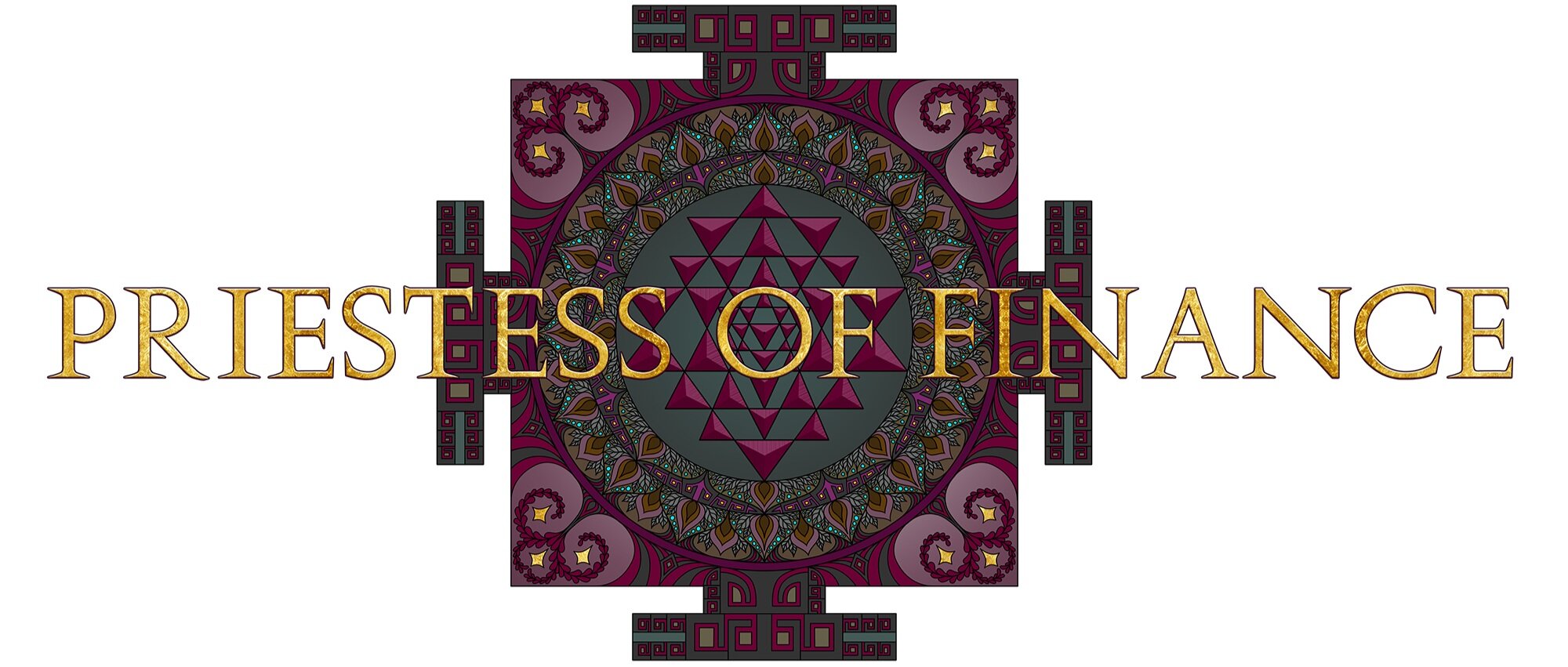Break the Cycle With Debt and Get Free
No one likes the sound of debt. It’s like somehow admitting to the world you don’t have your finances together.
This then may contribute to a feeling of pressure to get out of debt. Either from yourself, your family, or your partner.
You may even believe that having debt is a reflection of how financially savvy you are, or that it somehow defines your worth as a person.
Having debt can sometimes feel like an ailment, overshadowing other aspects of our financial health, like a dark cloud hanging over our finances.
It can feel like you’ve done something wrong and now it needs to be fixed.
Or you may prefer to be more like an ostrich, so you don’t have to feel the pain of looking at the debt.
A common pattern I’ve seen in my clients is an approach to debt resolution that originates from an unconscious, reactive shame-based strategy — rather than a true means to create better financial circumstances.
Without realizing it, we can take this on as “Oh my god, I’ve got debt, and this makes me less than financially successful, so I need to throw all my resources at it to get out of it!”
There are so many reasons we can get into debt, but usually, it boils down to two things.
First, not enough savings.
For example — unexpected expenses arise, like a major car repair, and without a savings cushion, we resort to using debt.
Or, debt can be an ingrained subconscious strategy. Subconscious strategies usually live in the shadow and are on autopilot, like driving a car.
We get into a pattern with how we use debt or credit cards, without having much of a plan at all.
As you can imagine, ultimately, neither of these options is a sustainable approach.
Instead, the sustainable approach to addressing debt and ensuring that debt doesn’t accumulate in the future is to have a holistic financial strategy.
A holistic financial strategy takes into account a spending plan, a savings plan, and a get-out-of-debt plan.
Along with addressing the psychology of debt, and how to change the subconscious strategies already in place and interrupt them!
By weaving these four essential components together, there isn’t a need to be in reaction to having debt.
Instead of reacting, we gain the confidence and clarity to navigate our finances with intention and purpose.
The truth is, we need savings and we need to understand how our money patterns work and affect us.
This is what really gets us out of debt.
When clients work with me, they have an entire savings strategy based upon tried-and-true methods, helping them get and feel resourced well into the future, while their resources continue to accumulate more and more.
And we dig deeper into the deeper patterns of why they may be predisposed to getting into debt in the first place.
So some questions to ask yourself, if you have debt, is:
Do you have any beliefs around debt being evil or shameful?
Do you have any beliefs that you become part of a club by using credit cards?
Do you believe that you need to use debt to get points and that makes you financially savvy?
This is precisely where Belief Revolution comes in.
Often, our financial decisions, whether it's accumulating debt or striving to eliminate it, are influenced by our current belief systems rather than a holistic financial strategy.
As long as our subconscious beliefs drive our financial behaviors, we can stay trapped in a cycle of reactive money management.
Through my 17 years of experience working with hundreds of clients, I can tell you that while eliminating debt is important, it's not the end-all-be-all.
Getting out of debt is only a part of wealth creation!
If you're ready to address the subconscious beliefs that are influencing your relationship with debt, Belief Revolution is an affordable, fun, and provocative financial masterclass, coming up on Wednesday, March 20th.
Let’s rewrite the outdated messages we’ve gotten from the world that debt is bad, and that if we have it, there’s something wrong with us.
There's a whole world of possibilities waiting for us, if we're willing to dive deep into the treasure trove of our money psychology.
It's time to harness the energy of revolution to overturn the status quo and pave the way for a new, empowered way of managing money — one that reflects your true goals and values, and not the old stories of the past.
Don't miss out on this opportunity to transform your financial outcomes — join us now!


